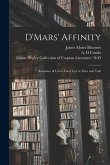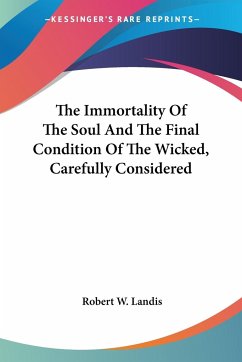Old age is a time of losses- permanent, cumulative and irreversible. These losses include our loss of work in retirement, the eclipse of our past, our biological decline, dependency resulting from such decline, the foreshortening of our future, the abandonment of belief in our own improvement and our society's progress, and, of course, our death. This book views these losses as part of an elegy of old age. Elegy is a poetic or prose mourning of loss. Sadness and other emotions result. With elegiac understanding we detach ourselves from these losses to seek and find consolation. This book is concerned with achieving intellectual detachment through meditative reflection with the help of reading and appreciating the classics. The final stage of the old age elegy- consolation can be found, at least in part, within the classics-"the garlands of repose". The classics are broadly defined by Matthew Arnold as: "the best that [has} been thought and said: { or found in the fine arts}. To benefit from the classis requires a life-long liberal education. This education begins with an introduction to the classics in youth, makes use of them during our adult lives, and supplies their conclusion for old age meditation. Such significant works enable us to place the losses we suffer within an intellectual framework of perennial ideas. It is by means of such an intellectual framework that we secure consolation in old age. Classic works familiarize us deeply with the losses and emotions we endure-suggest substitutes for the goods of the life we have lost in old age, offer opportunities of catharsis for the sadness we experience and help us transform ourselves in old age. Classics help us see old age and its losses as part of a complete life which hold a unique value of its own, while remaining part of larger nature processes, history and intellectual traditions.
Hinweis: Dieser Artikel kann nur an eine deutsche Lieferadresse ausgeliefert werden.
Hinweis: Dieser Artikel kann nur an eine deutsche Lieferadresse ausgeliefert werden.

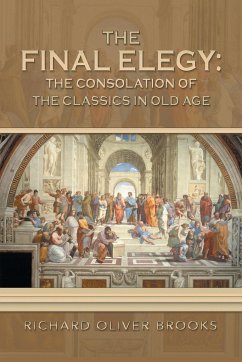
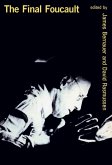
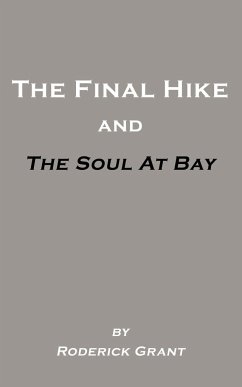
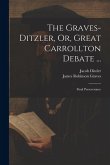
![Final Cause [microform]; a Critique of the Failure of Paley and the Fallacy of Hume...with an Appendix on Professor Huxley's Final Cause [microform]; a Critique of the Failure of Paley and the Fallacy of Hume...with an Appendix on Professor Huxley's](https://bilder.buecher.de/produkte/65/65598/65598133m.jpg)

